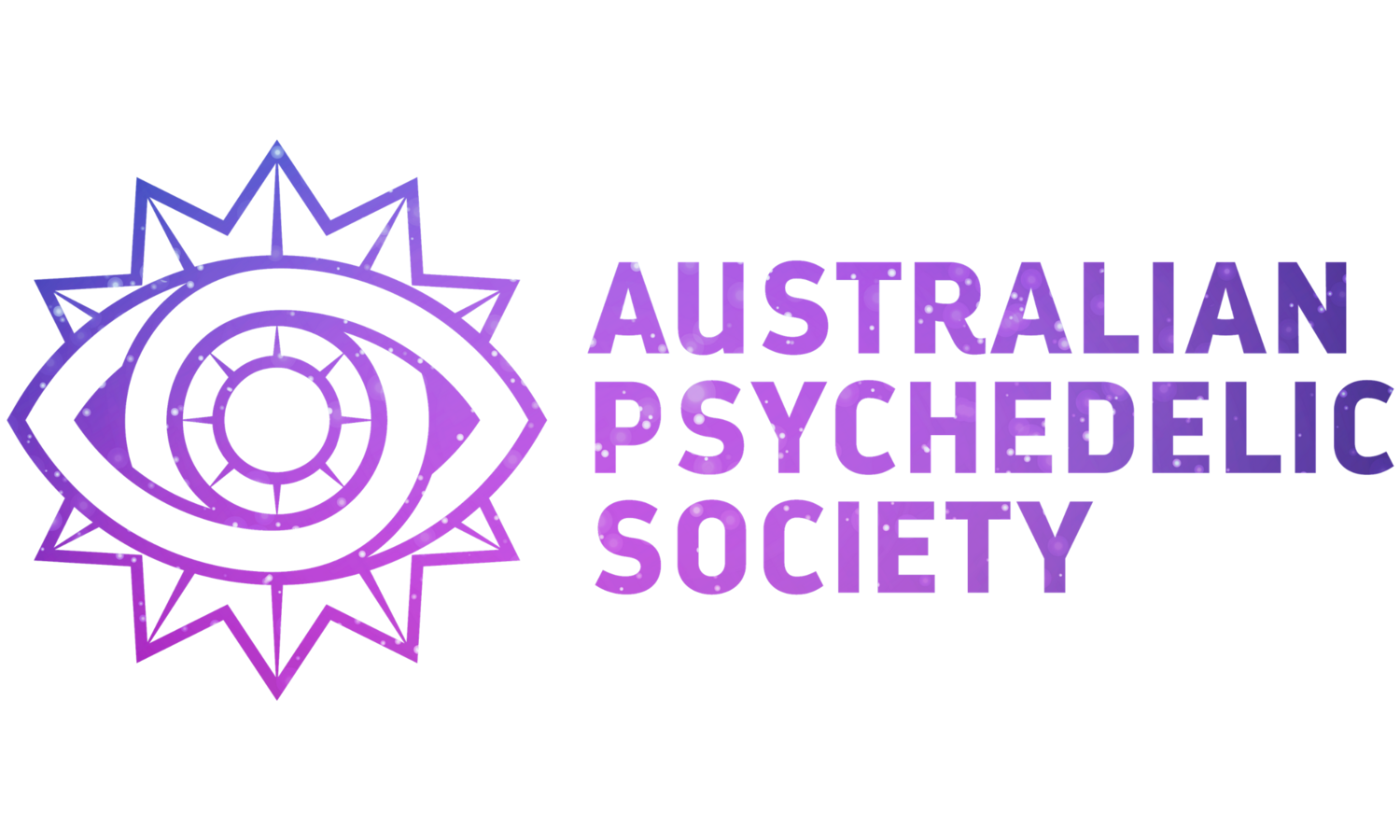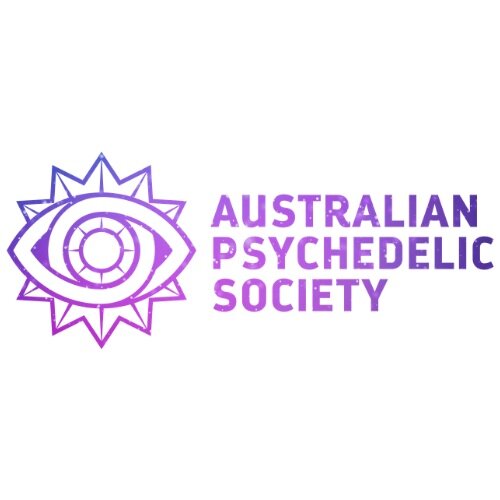Australian Psychedelic Society
Position Statement on Decriminalisation
In the simplest terms, decriminalisation means the removal of criminal penalties for breaking a particular law. The details of drug decriminalisation, like any law or regulation, can be the difference between successfully achieving its stated aims and being actively harmful. This document aims to articulate everything the Australian Psychedelic Society believes a decriminalisation system of drug use and possession should include. The points below set out our expectations when we ask community members, businesses, public servants, and politicians to support decriminalisation. We do not see decriminalisation as a panacea or the logical conclusion to drug law reform. The only way to fully address the harms associated with criminalising psychoactive substances is through legalisation and safe supply. We aim to be inclusive of the range of views in our communities on what the steps beyond decriminalisation should be. This is why we are taking a deliberate and thorough approach as we work towards these long-term goals.
The aims of decriminalisation, legalisation, and safe supply are themselves part of a larger conversation around the future of how our health system can help people flourish and how society can better respect bodily autonomy, cognitive liberty, and religious freedoms.
And we have to start somewhere, and for us, that’s here.
- Dr Sam Douglas
Possession or cultivation of any psychoactive substances for personal use should not be a criminal offence.
The use of illicit substances should not be a criminal offence.
Threshold weight limits (threshold quantities) should not be used to determine whether psychoactive substances are possessed for personal use. Evidence of supplying or trafficking for profit must be present to charge a person with a criminal offence related to psychoactive substances.
Where threshold quantities are applied, threshold quantities should be high enough to allow a reasonable quantity for personal use. Separate threshold quantities should be provided for pure chemicals, extracts and plant material. These limits should be determined with regard to typical doses and patterns of use for these different forms of any particular plant or substance and should be established in consultation with people familiar with the use of each substance, including those with lived experience. Where someone possesses a substance for which a threshold quantity has not been prescribed in regulations the threshold quantities should allow at least a one-month supply of typical doses and typical patterns of use for that substance as determined by health experts with knowledge of that substance. Growing medium and storage containers should be excluded from measured weights.
Where threshold quantities are applied, the police should not have the discretion to charge someone for possession or cultivation of a substance for which a threshold limit for personal possession or cultivation has been set where the amount possessed or cultivated is within that limit. This will help to reduce discrimination along racial and socioeconomic lines which has been demonstrated as an issue under Cannabis caution schemes.
We do not support the use of fines as a response for personal possession, use or cultivation. This approach increases the motivation for police to actively target people who use drugs.
Suspicion of the possession or use of a psychoactive substance should not in itself be considered reasonable grounds for police to question or search an individual.
Substances should not be confiscated where they are deemed to be for personal use. Confiscation of substances increases the risk of harm to vulnerable individuals by adding a financial burden or increasing the risk of health complications.
Referrals to education or treatment programs should be voluntary for the individual. Mandating such programs leads to unnecessary burdens on services that struggle to cope with demand from those seeking help voluntarily. At the very least, these should not be required for everyone found in possession of a substance, particularly for the first time. Education and treatment services should be allowed to dismiss referrals they do not deem necessary based on their assessment of an individual’s circumstances.
Any person, whether they have been found in possession of illicit substances or not, who wants assistance in managing their substance use, should be able to access the relevant services quickly and easily at minimal cost.
It should not be an offence to give or trade (but not sell for monetary gain) a small amount of substance no more than the personal possession limit, to another person. It should not be an offence for one individual to make a collective purchase for a group using pooled money and distribute those substances to those who contributed to the purchase.
Those previously convicted of possession for amounts under the threshold for personal possession should have these offences removed from their criminal records.
There should be no general exclusions from the decriminalisation of the use, possession and cultivation of currently illicit substances under threshold limits for personal possession. Particularly, those with a criminal history and those on bail should not be broadly excluded from these legislative changes. Abstaining from the use of illicit substances should not be automatically applied as a breachable offence for those on bail, community corrections orders, or parole.
Each substance possessed should be weighed separately and as long as no one substance is greater in weight than the threshold for personal possession no charge of trafficking should be made irrespective of how many different substances are possessed. If treatment referrals or fines are mandated, only one such penalty should be recorded where multiple substances are possessed in amounts less than the threshold for personal possession.
We do not support schemes limited by a number of ‘strikes’ after which a person would be charged with an offence related to possessing less than the threshold amount for personal possession. Such a system continues to cause harm to people who use drugs without providing any individual or social benefit.
Evidence-based harm reduction education, designed and run by drug and alcohol health experts in collaboration with people who use drugs, should be publicly funded and widely distributed.
Drug-checking services should be publicly funded and widely available at both fixed sites and mobile sites at places and events where consumption is likely. Options for sending samples to fixed sites should be legally available, particularly for those living in regional or remote areas who would not otherwise have access to such services. Information about the detection of hazardous adulterants or doses should be widely distributed through a structured system to the public and through organisations that engage with people who use drugs.
Safe consumption locations with medical oversight should be publicly funded and expanded beyond only the use of injected drugs with a focus on improving access to such locations in both major cities and regional and remote areas.
Supply and possession of implements intended to be used for the administration of psychoactive substances should not be an offence. Making these a criminal offence increases the risk of unsafe drug-taking behaviours such as sharing administration implements.
Permitting the use of a place for the consumption of psychoactive substances should not be an offence where such use of the premises is not to the profit of the occupants or owners.
Want to learn more about Decriminalisation and our stance?

